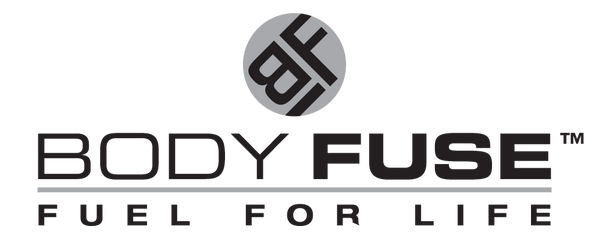How important is the COA? Well, on a scale of 1 to 10, a solid 10. A Certificate of Analysis (COA) is a laboratory document that lists the ingredients included in raw material or a finished product. The COA tells you that the product was tested to assure that the components that are supposed to be there are there. The COA details the ingredients and amounts of those ingredients that appear in the product. Maybe most important, the COA also tells you what’s not in the product (such as contaminants, heavy metals, or remnants of chemicals form processing the raw material).
Why should I check my COA?
A COA protects consumers from misleading, mislabeled, false, and poor-quality products. So when a sports nutrition company offers COAs for the products they sell, the product recipient can review it and feel confident in the purchase. And if you come across a company that doesn’t offer COAs, just know this: A 2017 study by a Penn Medicine researcher, revealed that 68% of CBD products are misrepresented in labeling in that they contain more than +/-10% disparity in the active ingredient CBD.
Each Certificate of Analysis (C of A) Contains:
- Unique Lot Number
- A complete listing of the product’s tested physical and chemical specifications
- Units of measure, if applicable
- The minimum, maximum, and target specifications
- The actual assay results from the assayed production lot
- Manufacture date
- Expiration date
- Date the C of A was issued
- Signature of authorized analytical chemist
Other information may be included upon customer request. Examples include customer specification number and customer purchase order number.
Importance of a Certificate of Analysis
Of all efforts that a company undertakes, quality control may be the most important. In the nutritional industry, effective quality control is essential. When a product contains lower nutrient levels than stated on the label, it is evident that quality control procedures are failing.
Some companies report “Audit” in place of actual assay data. This means that batch records and supporting documentation were reviewed and that the correct amount of that nutrient should therefore be in the final blend. Reporting “Audit” as a result means that no actual assay was conducted. Certificates reporting “Audit” are generally called Certificates of Compliance (C of C). They are not true Certificates of Analysis. Audited results are sometimes offered in the industry in place of true assay results to save costs. However, audits will not catch a homogeneity problem, reactions between raw materials, or raw material potency issues.
Why You Should Insist on a Certificate of Analysis Supported by Analytical Data
Performing analytical tests is the only way to guarantee that a product meets customer specifications. C of A’s which report “Audit” in place of key results have no analytical data to support that an item meets specification. As a consumer, ask for the COA on the product purchased, review the results and compare against the label. Become a more aware consumer!



